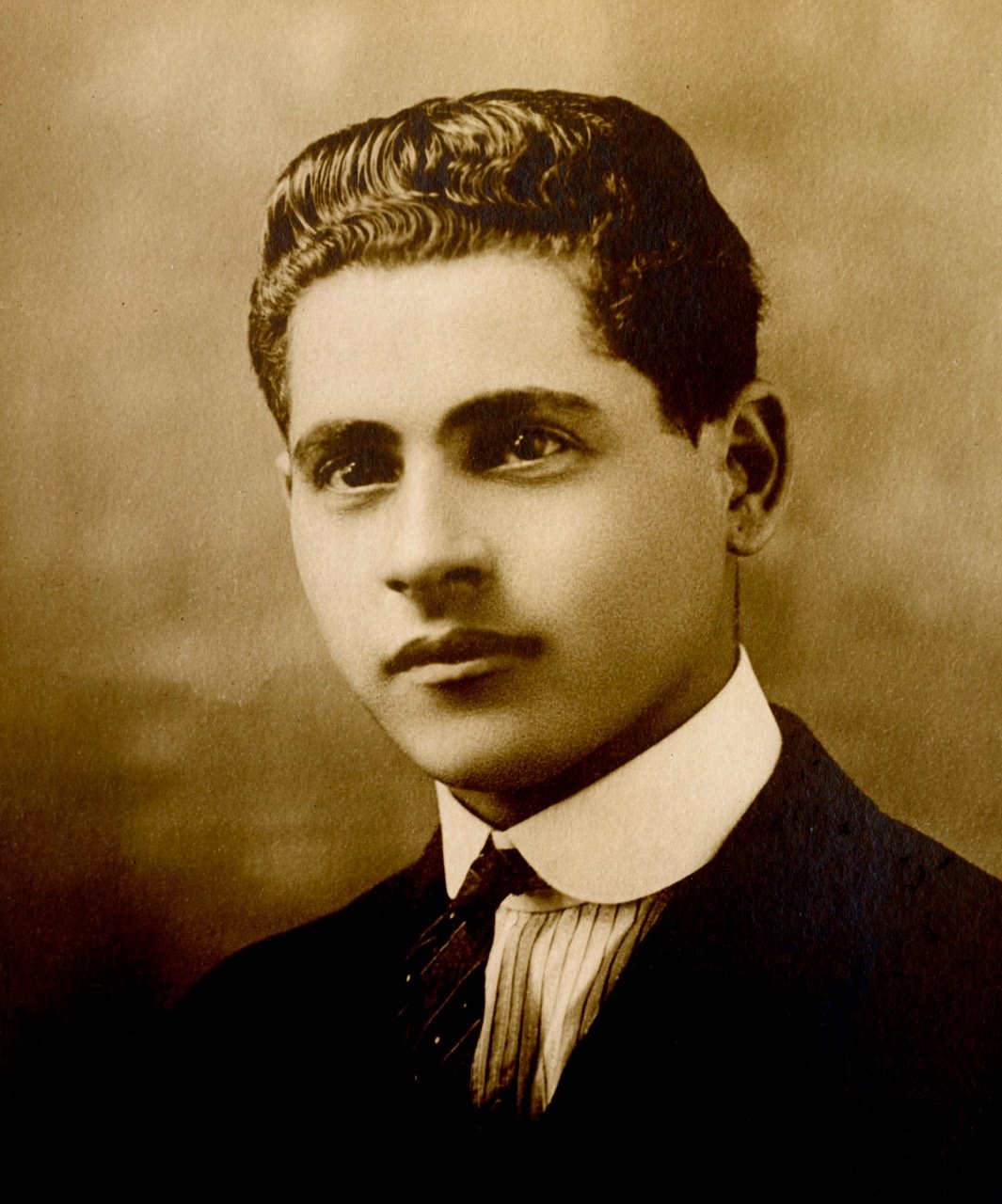Materano
“They have lived exactly the same lives since the beginning of time.”
—Carlo Levi, Christ Stopped at Eboli
Materano tells the story of a young man's migration across an ocean and an age. In 1920, Francesco Paolo Festa fled Matera, a city of caves in southern Italy that would soon become notorious as la vergogna nazionale, the shame of the nation, for its desperately primitive living conditions. His grandson, filmmaker Paul Festa, returned a century later to Matera to learn what happened to the family that had remained in the cave into his lifetime. He found that a group of people who had been considered from time immemorial as hopeless as the animals they lived with had begun to prosper immediately once they were rescued from extreme poverty.
The filmmaker brings the family back to the cave and confronts them with painful contradictions: the young men’s right-wing-populist opposition to the state that had so recently rescued their branch of the family, and to the freedom of immigration that had rescued the filmmaker’s. Another is the lingering effect of vergogna that has made the Materano dialect a dying language, and kept members of the family from knowing—until they were told on camera—that their parents had grown up in the rocks.
Materano is an alternately intimate and comedic portrait of family confronting geopolitical upheaval, personal tragedy, and the corrosive effects of money on their lives. Since the beginning of time, perhaps, the problem had been extreme poverty. But when the new-world son of a caveman married the daughter of a billionaire, the repercussions of wealth proved just as explosive a force in atomizing the Festas.
Ultimately Materano is a story of renewal and reunion. Over the course of making the film, Paul Festa learned his family’s language—along with a few words in Materano—and in the process of recording its stories found himself in a family at once ancient and new.
A film by Paul Festa
Francesco Paolo Festa in 1920, the year of his emigration to the United States
Matera on the filmmaker's return to the city in 2017.
The filmmaker (front row left) with his family in the cave they called home into his lifetime



